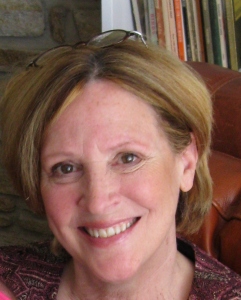This day began at a dining room table, over bowls of granola with a 6- and 3-year-old. After a spirited discussion of how grapes become raisins, they want me to know that Hanukah and Christmas are their favorite holidays. They know that they’re not the same, but they want me to know that they don’t like one more than the other.
What they don’t know is that my heart is breaking. Everyone’s heart is breaking.
My practical side knows that I’ve felt this way before. Almost all of 1968. September 11. Times when I knew the powers that be didn’t share my values, or (worse) didn’t have any. Times when I felt there was nothing I could do except muster up more kindness and not treat the unthinkable as normal.
So here we are. I’m still good with the kindness idea, and I know the amount of time I’ve spent angry in the last few days means I haven’t succumbed to any of this being ordinary. I keep hearing myself say Election Day.
My first Election Day memories happened when I was about eight. I was on my way to a friend’s house—walking, which shows my age. Our next-door neighbor, Mr. Schwindt, was burning a small pile of brown leaves in the street in front of his house (again…my age).
He commented on the beautiful day we had off from school. Then he made a joke: “Are you leaving to go vote?” I’m sure I giggled. He said something about growing up and how important voting was. He told me one day I would understand.
Mr. Schwindt didn’t need to give me that patriotic little pep talk, and chances are he knew that, too, since my parents never missed an election, even a midterm, even a School Board referendum. My father voted the way he did everything in life—quietly but with purpose. Never calling attention to himself. Willing to listen to all sides of the argument even if it got a little painful.
My father was something of an arm-chair historian. He loved to follow politics, feeling, maybe, that as a WWII combat veteran, son of an immigrant, a dad and a taxpayer, he had a vested interest in being informed. My cousin, Anne, who used to have political phone calls with him weekly, says she has it on good authority that in Heaven both CNN and the New York Times are available. That makes us both smile.
So Dad, if Anne is right and by some quirk of the universe you can actually see my words as well as those of Maggie Haberman, you would just love this Early Voting thing we have now. There is so much that feels out of my control this week. But one thing that doesn’t. My heart is broken. But I showed up and voted. Thanks.
